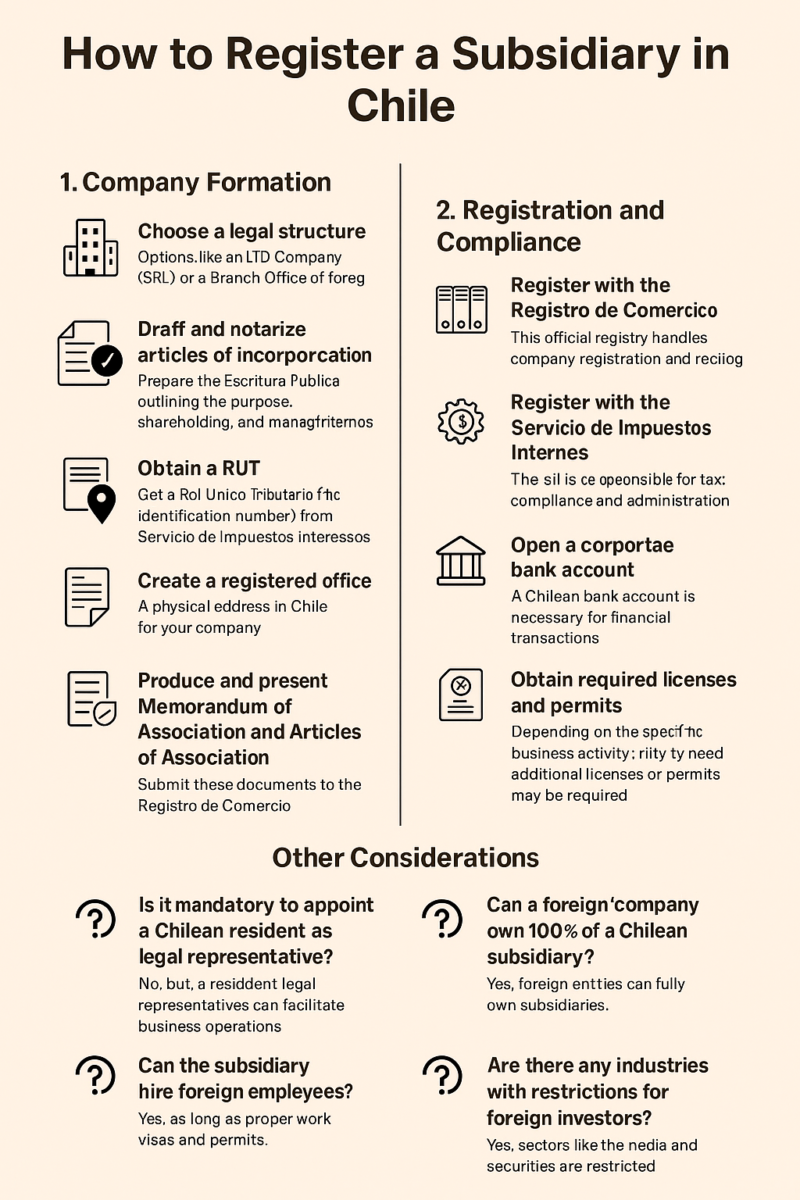Luis Fuentes, a finance specialist and international business expert, serves as Corporate Affairs Director at Alligare International LLC and leads Estudio Fuentes. With over 10 years of experience, he excels in financial advisory, business internationalization, and strategic corporate solutions, helping companies in Latin America, Europe, and Asia expand globally.





